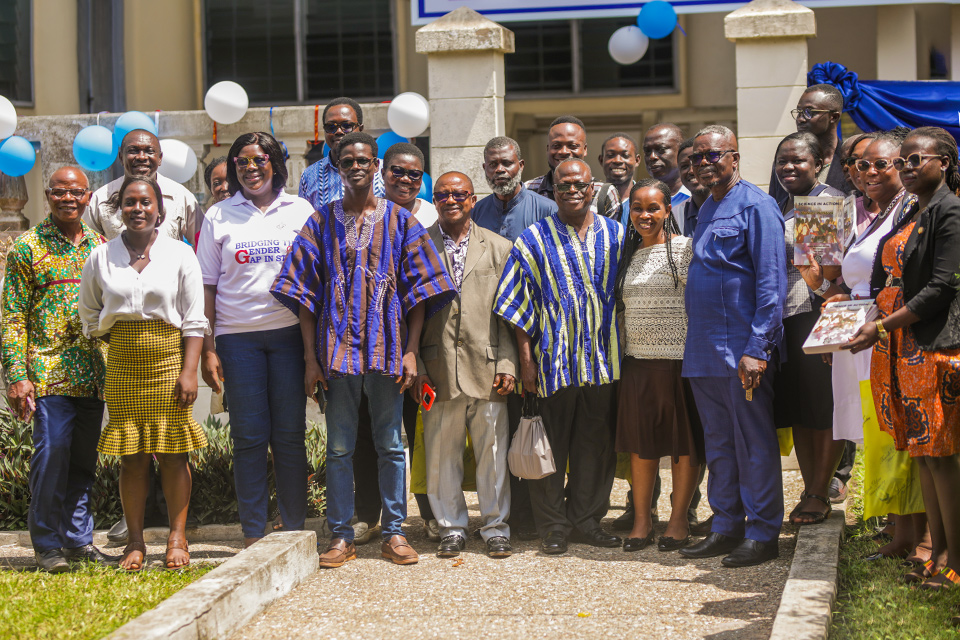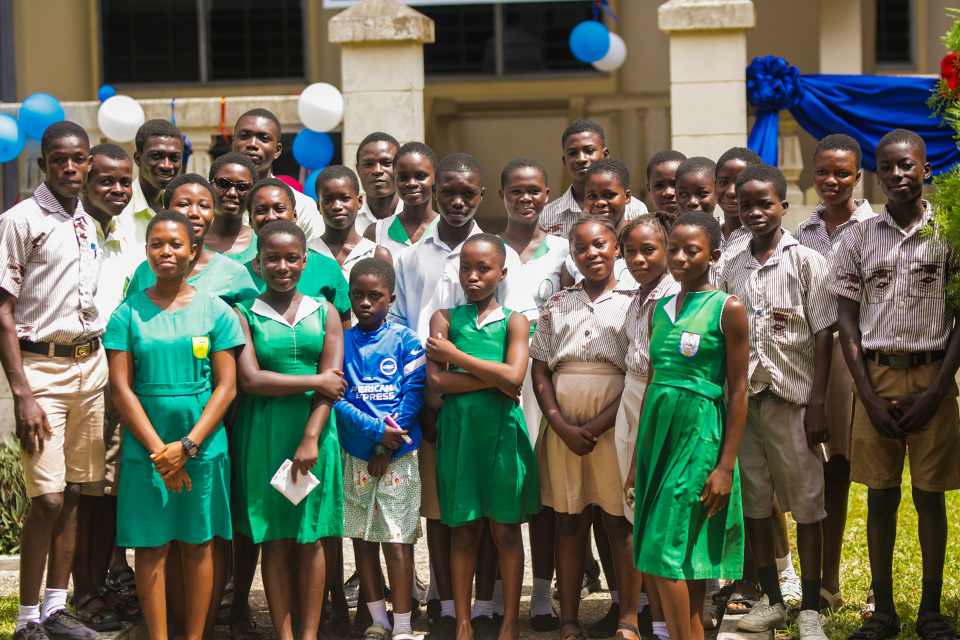IERIS-UEW Holds Workshop on Indigenous Knowledge Integration in STEM Education
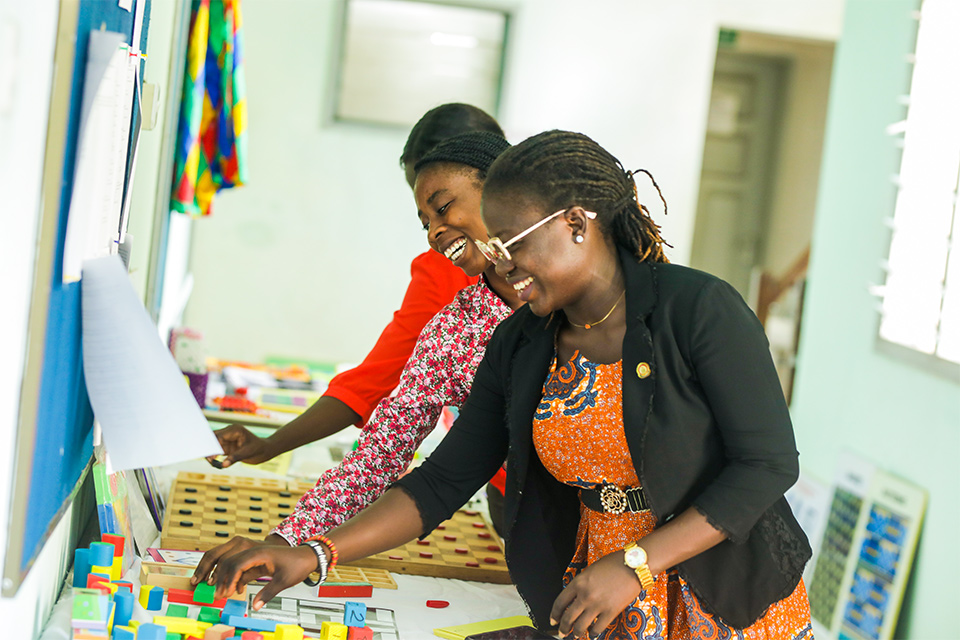
The Institute for Educational Research and Innovation Studies (IERIS) at the University of Education, Winneba (UEW), has hosted a one-day workshop to explore the integration of indigenous knowledge into science, technology, engineering, and mathematics (STEM) education.
The workshop, held at the IERIS Conference Room on Thursday, 20th June, 2024, also showcased significant works on indigenous knowledge in STEM developed by IERIS and the Centre for School and Community Science and Technology Studies (SACOST).
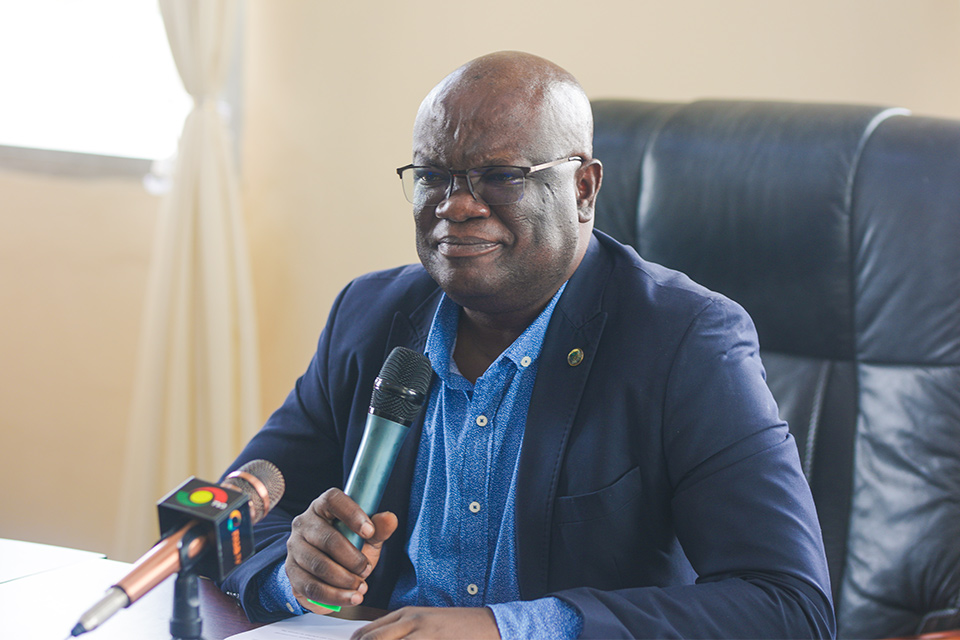
Prof. Victor Antwi, Pro-Vice-Chancellor of UEW, chaired the event on behalf of the Vice-Chancellor, Prof. Stephen Jobson Mitchual. In his opening remarks, Prof. Antwi emphasised the crucial role of STEM in equipping future generations to tackle complex global challenges.
He pointed out that traditional STEM curricula have often overlooked the rich contributions of indigenous knowledge and highlighted the benefits of integrating such knowledge into STEM education.
"Indigenous communities have long practiced sustainable land and resource management. By studying these methods, students can learn about sustainable practices crucial for addressing current environmental issues such as climate change, deforestation, and biodiversity loss. Including indigenous perspectives in STEM fosters a more inclusive and diverse educational environment. It acknowledges the value of different worldviews and promotes respect for cultural heritage," Prof. Antwi stated.
He further stressed the importance of valuing the wisdom of indigenous communities to enhance our understanding of the natural world, inspire innovative solutions, and foster a sense of global stewardship among future generations. "Let us embrace this opportunity to create a more diverse and holistic educational framework that honours the contributions of all cultures. Together, we can build a brighter future where traditional knowledge and modern science coexist and complement each other for the betterment of humanity and our planet," he urged.
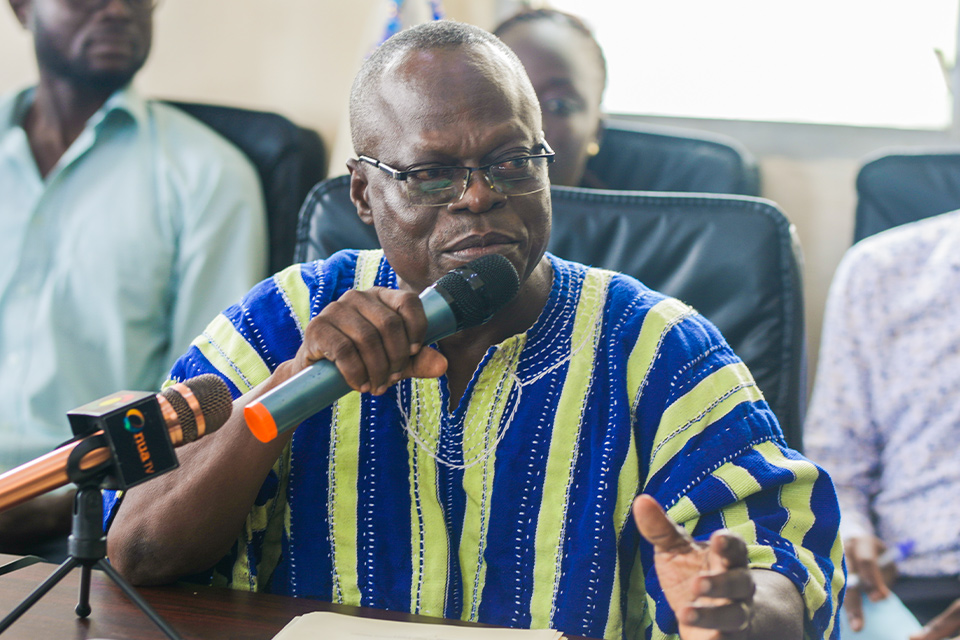
Prof. Damian Kofi Mereku, in his keynote address, highlighted the role of indigenous knowledge in enhancing students’ ability to learn formal school science and acquire the scientific literacy necessary for personal decision-making, participation in civic and cultural affairs, and economic productivity.
He praised IERIS and SACOST’s curriculum approach, which emphasises the development of indigenous knowledge, as a potential boost for STEM education if adopted in the new standards-based curricula at the pre-tertiary level in Ghana.
“The integration of indigenous knowledge across curricula will provide opportunities for developing the core competencies identified for pre-tertiary education in Ghana, particularly cultural identity and global citizenship. Therefore, all educators at the pre-tertiary level, colleges of education, and universities should adopt the SACOST initiative to ensure the integration of indigenous knowledge in their teaching for learners to become STEM/STEAM literate citizens,” Prof. Mereku remarked.
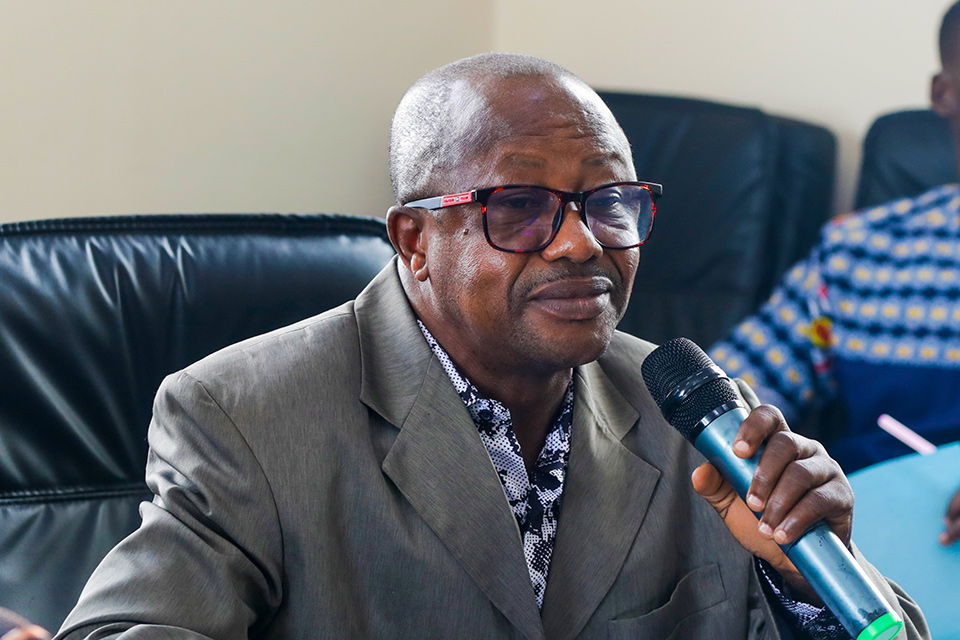
Prof. Daniel Yelkpieri, Acting Director of IERIS, appealed to the University Management for continued funding to enable IERIS to lead in creating instructional materials that support STEM education and instill indigenous knowledge in young people, resulting in STEM-literate citizens.
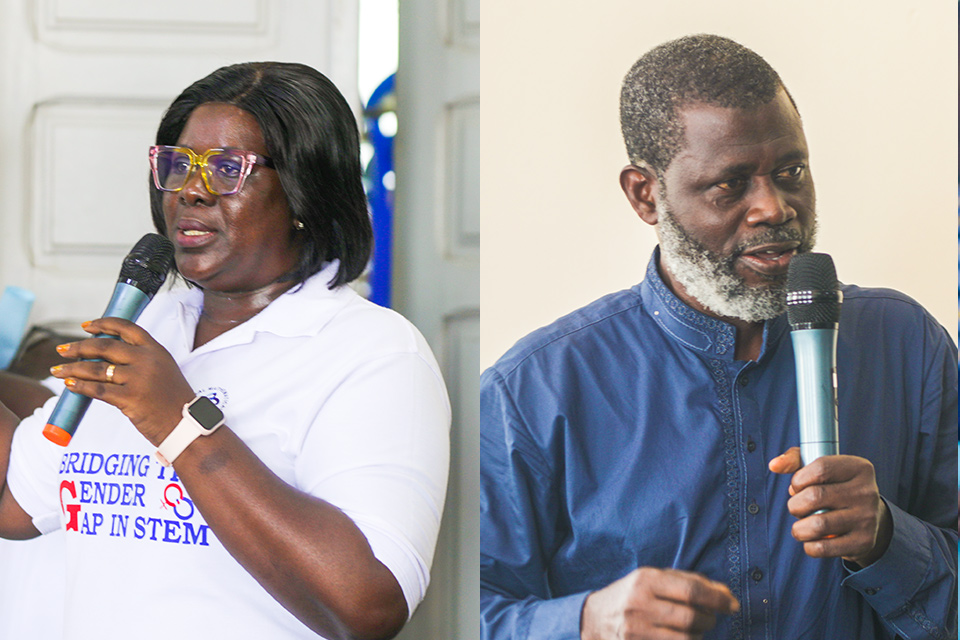
Dr. (Mrs.) Nelly Adjoa Sakyi-Hagan, a lecturer at the Department of Integrated Science Education, and Mr. Ahmed Amihere, a lecturer at the Department of Basic Education, guided participants through various indigenous knowledge in STEM publications of IERIS and SACOST.
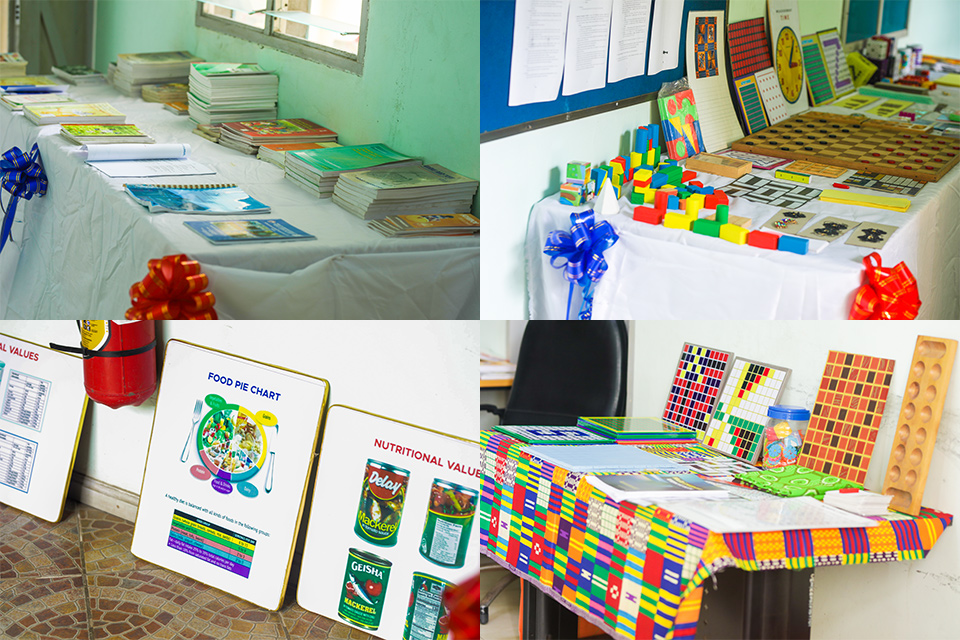
The workshop concluded with a call for a collective effort among educators and stakeholders to integrate indigenous knowledge into STEM education, thereby enriching the curriculum and fostering a generation of well-rounded, culturally aware, and scientifically literate individuals.
